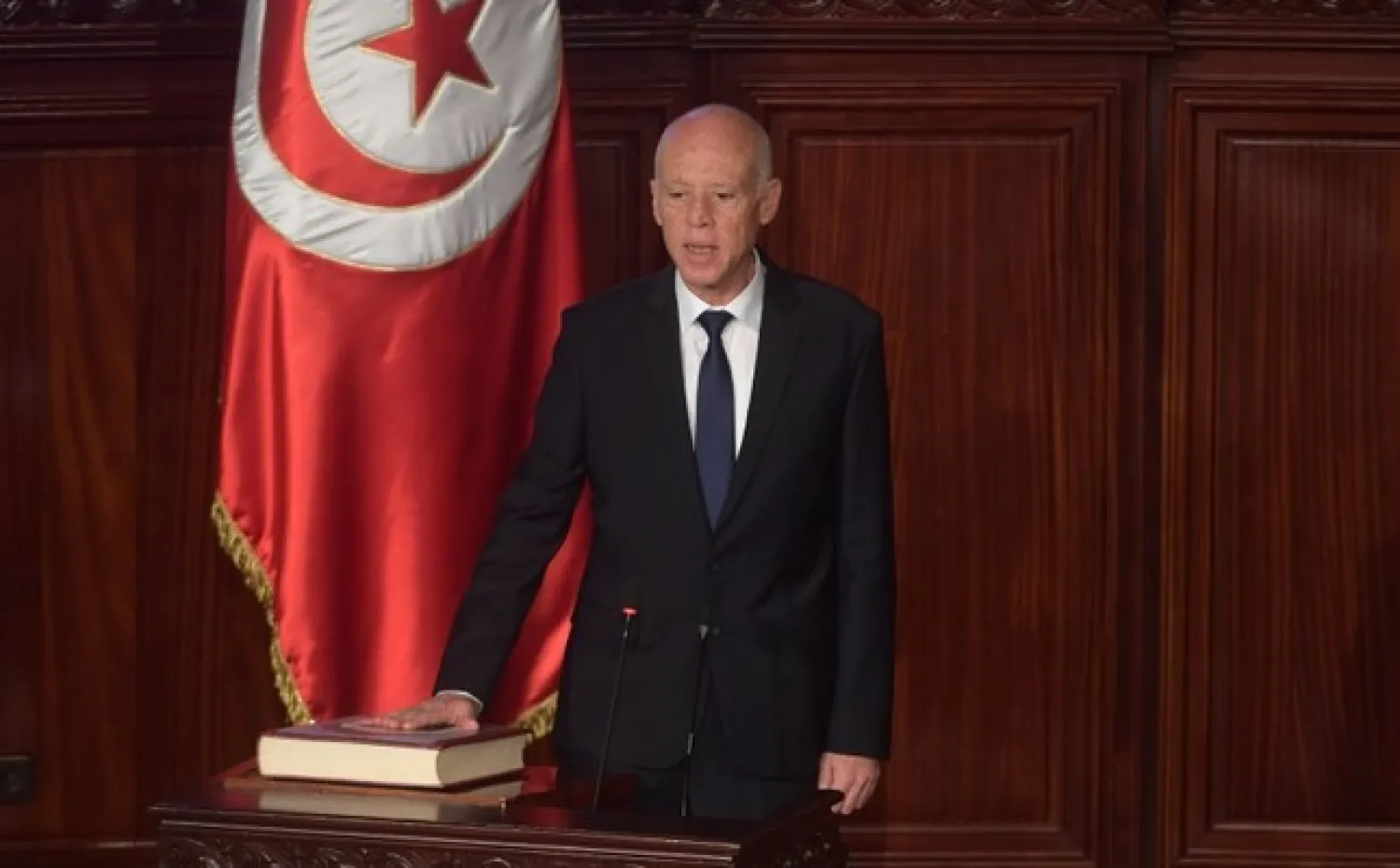Tunisia's Prime Minister Youssef Chahed has sacked ministers of foreign affairs Khemaies Jhinaoui and defence Abdul Karim Zbidi, as well as Secretary of State for Diplomacy Hatem Ferjani, after consultation with the newly-elected President Kais Saied.
The PM appointed justice minister, Karim Jamoussi, as acting defence minister, and Sabri Bachtobji as acting foreign minister to oversee the ministry’s affairs and coordinate with Tunisian and international institutions in the preparations for the Francophonie Summit, to be held next year in Tunisia.
Minister Zubaidi was a presidential candidate during the first round and came in fourth after Saied, businessman Nabil Karoui, and Acting Speaker of Parliament Abdelfattah Mourou.
During elections, Zubaidi and Chahed exchanged strong criticism and condemned each other's campaigns.
Former ambassador Abdel Raouf Eltayeb acted as advisor since Saied’s first day as president even though the Carthage Presidential Palace didn’t officially name one.
Eltayeb attended most of the president’s meetings with the leaders of the Tunisian parties and foreign guests, including the German Foreign Minister and former mayor of Paris Bertrand Delanoe. He was also present at meeting with the heads of the two chambers of the Moroccan parliament sent by King Mohammed VI.
Local media reported the president’s meetings, namely that with German Foreign Minister Haikou Maas, without Foreign Minister Khemaies Jhinaoui.
Jhinaoui received the German minister at the ministry headquarters and held a press conference afterwards where they discussed the German initiative on organizing a conference on Libya in Berlin.
A number of journalists and politicians believed that by attending the meeting of the German FM, Eltayeb will be named Foreign Minister, or an adviser for diplomatic and political affairs at Carthage Palace.
According to the constitution, the President has the final word in appointing Ministers of Foreign Affairs, Defense and Interior, despite the requirement of the approval of both the Prime Minister and the parliament.
Informed sources told Asharq Al-Awsat that the changes will temporarily not include the remaining senior supervisors of the security and military institutions in the presidency and the government.
However, some former presidential advisers, including former PM Habib Essid and political advisor Noureddine Ben Ticha, resigned from their positions, as the law allows the new President to change his entire team of advisers.









